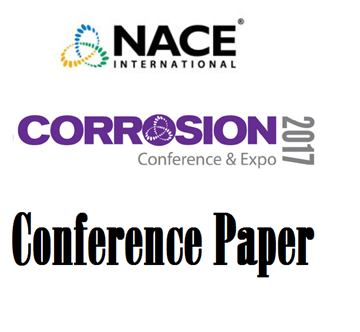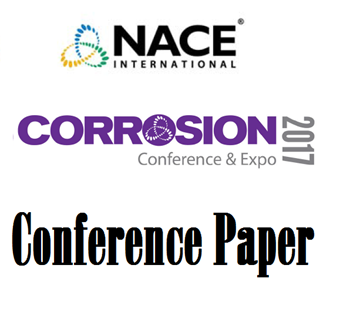Search
02215 COATINGS PERFORMANCE UNDER MARINE ENVIRONMENT
Also Purchased
Evaluating Corrosion Under Protective Coatings for Steel in Marine Environments
Product Number:
51317--9005-SG
ISBN:
9005 2017 CP
Publication Date:
2017
$20.00
07237 Long-Term Marine Atmospheric Corrosion Testing Experiences
Product Number:
51300-07237-SG
ISBN:
07237 2007 CP
Publication Date:
2007
$20.00
Estimating Metal Loss in a Marine Environment for Structural Integrity Analyses
Product Number:
51317--9003-SG
ISBN:
9003 2017 CP
Publication Date:
2017
$20.00
Recently viewed




